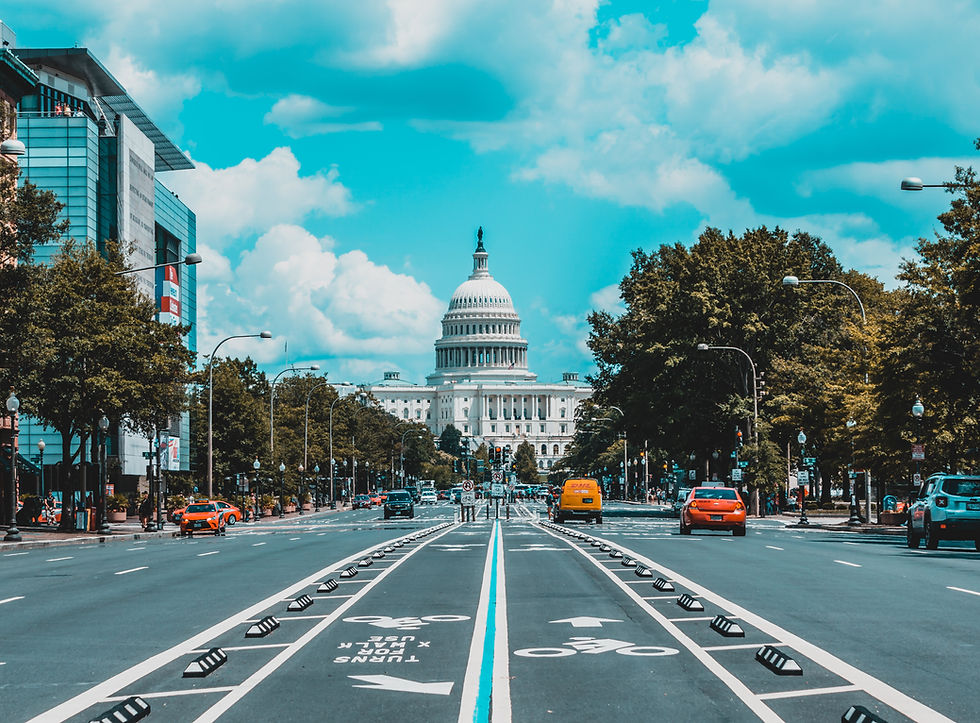Rediscovering Americans: John Marshall
- spostell
- Sep 24, 2021
- 2 min read
Written by Samuel Postell, Director of the Center for Liberty and Learning
There have been 115 Supreme Court Justices of the United States, but most scholars recognize that John Marshall’s pen has been the most prolific, if not the most profound. Just last year, ScotusBlog held a march madness tournament for justices, voting was open to the public, and John Marshall cut down the nets. Cass Sunstein once wrote, “If the court has a Babe Ruth, it's John Marshall. The authority of the national government, as Americans understand it, owes a great deal to Marshall's early opinions.”

Although John Marshall became the justice who helped determine the implications of the Constitution following its ratification and throughout the life of the early republic, he was not merely a legal scholar. Marshall was born in 1755, the eldest of 15 siblings. In 1775, Marshall postponed his law career and entered the Continental Army where he became an officer. As an officer in the Continental Army, he fought in the battles of Brandywine, Germantown, and Monmouth. Marshall even endured the cold winter at Valley Forge. In 1780, while on leave from the army, Marshall became a student of George Wythe.
After the war, Marshall continued his law practice but also became a member of the Virginia State Legislature. Marshall did not enter federal politics until 1797 when he became John Adams’ ambassador to France. Just weeks before Thomas Jefferson assumed office as president, Adams appointed Marshall to the Supreme Court. Marshall then became the nation’s fourth Chief Justice.
Marshall was responsible for important institutional changes to the Supreme Court. Here are just a few:
After Marshall joined the court, it began producing majority opinions as opposed to seriatim opinions. This means that court opinions would have a clear principle as opposed to addressing multiple issues. This meant that the Supreme Court’s opinions, when construing the Constitution, would have political implications.
In Marbury v. Madison, Marshall upheld the principle of judicial review, meaning that the court could strike down federal and state laws if they conflicted with the Constitution.
In McCulloch v. Maryland, Marshall upheld the constitutionality of the second Bank of the United States, and held that states could not tax federal institutions.
In Gibbons v. Ogden, Marshall’s opinion established that the commerce clause of the Constitution prohibits states from setting up a monopoly on the navigation of its waterways and that Congress had the power to regulate interstate commerce.
But Marshall did more than just serve as the most prolific justice in the history of the Supreme Court. During his tenure on the court, Marshall wrote the first presidential biography in US history. Marshall’s biography of Washington was written at the behest of Bushrod Washington who had inherited his uncle’s papers and served as Marshall’s fellow justice on the Supreme Court.
Like what we do at the Center for Liberty and Learning? Donate here to preserve liberty and promote education!









Comments